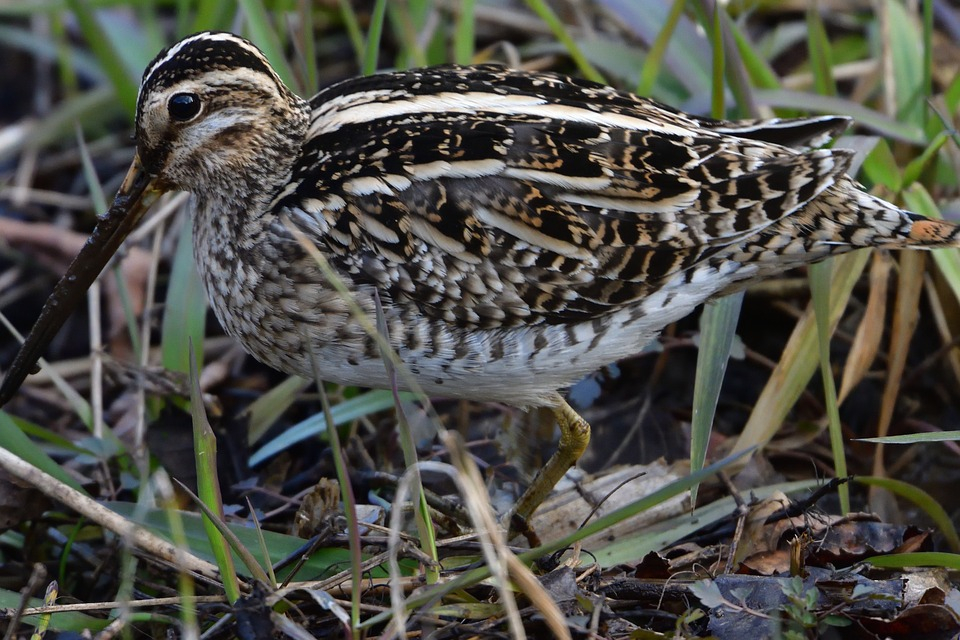As Poslovni Dnevnik writes, Croatian hunting tourism is slowly recovering after the global coronavirus pandemic. Traditional guests for this form of tourism, primarily the Italians, have returned to the Istrian forests and other hunting grounds and are now coming to hunt snipe, a form of bird. They aren’t yet arriving in particularly large numbers, but in this winter season, when tourism is scarce, every single euro earned is a good thing, reports HRT.
Valerio and Moreno know the terrain around Sisan in Istria well, and they have been coming here to hunt for more than 20 years now.
“I come here to do what I love doing the most – snipe hunting. There are snipe here, the hunting grounds are good, and it’s also suitable for working with younger dogs,” emphasised Valerio Piazol, a keen hunter from Italy.
In order to be allowed to hunt in this country, foreigners must pay a registration fee to the local hunting society, hire a local hunting companion, but first of all buy a pass from the Croatian Hunting Association. With the beginning of this hunting year, there are changes when it comes to costs, just as there is with everything else.
“The price of the annual hunting license has increased from 66 to 300 euros. That’s an increase of 350%. I think it’s excessive,” said Moreno Vaciloto, another hunter from Italy. In addition to the increase in the price of hunting licenses, the arrival of the hunters themselves is also being affected by this unusually mild winter.
“For example, foreigners come here to hunt snipe. A winter like this has a very negative effect on the migration of birds, particularly snipe, because they aren’t like swallows that migrate for six months and then come back to nest there. Snipe simply move along when there’s no food,” exolained Augusto Dobrani, a hunter in Sisan.
While the Croatian hunting tourism picture is indeed gradually recovering in the post-pandemic, inflation-dominated world, there is less game, and as such there are less hunters. Last year, there were about 1,200 foreign hunters hunting on the Istrian Peninsula and before the pandemic, there were very many more.
“The fact is that more than 1,800 hunting passes were issued annually through the Hunting Association of Istria County, out of a total of 7,8,9 thousand hunting passes that were issued on the entire territory of the Republic of Croatia,” said Gracijano Prekalj, president of the Hunting Association of Istria County.
Aside from paying for their ability to hunt on Croatian territory, those hunters who come fill up accommodation facilities and visit local restaurants.
“They’re good, they have money and they are good consumers. They eat a little game, but they like to eat good fish,” stated Dusan Cernjul, an Istrian restaurant owner.
Income from Croatian hunting tourism is not negligible despite the current difficulties it is facing, and it is estimated that foreign hunters in Istria alone spend around 2 million euros annually.
For more, make sure to check out our dedicated news section.











